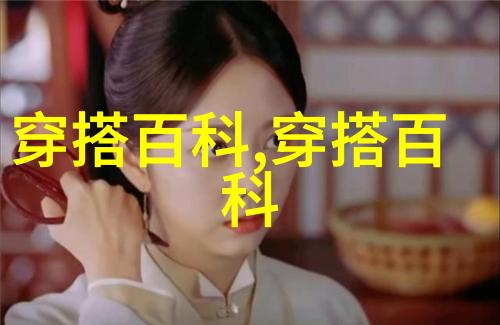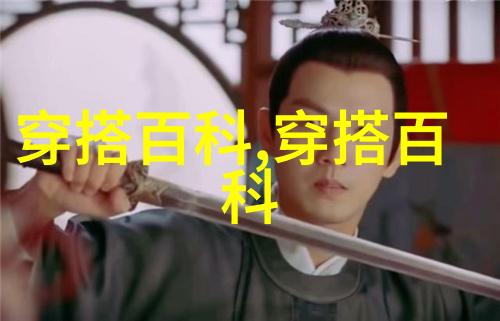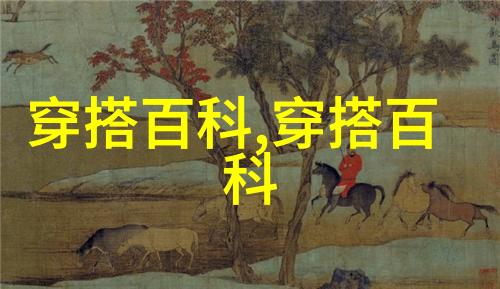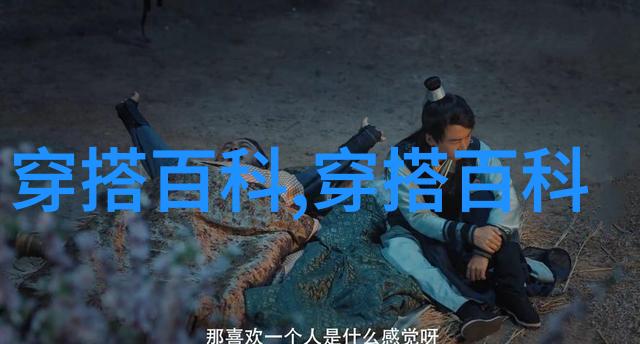The Charm of Vintage English A Journey Through Tim
The Birth of Old English

In the 5th century, Germanic tribes such as the Angles, Saxons, and Jutes invaded England and brought with them their languages. Over time, these various dialects merged to form a single language known as Old English or Anglo-Saxon. This period saw the creation of epic poems like Beowulf and illuminated manuscripts that showcased intricate illustrations.
The Norman Conquest and Middle English

When William the Conqueror defeated King Harold II at Hastings in 1066, French became the language of government and culture in England. As a result, Middle English emerged from Old English by incorporating many French words into its vocabulary. Chaucer's Canterbury Tales is an iconic work from this era that showcases both linguistic changes and cultural influences.
Early Modern English: Shakespearean Era

During this period (1500-1800), Early Modern English underwent significant changes due to exposure to other languages like Latin and Greek during the Renaissance revival of classical learning. The works of William Shakespeare are renowned for their innovative use of language; his plays continue to be studied worldwide for their rich vocabulary.
Victorian Age: Expansionism & Imperialism

With Britain's rise as a global power came increased trade with colonies across Africa, Asia, Australia, New Zealand, Canada & South America; thus enriching British vocabulary with new words related to exploration (e.g., safari) & colonial expansion (e.g., empire). Charles Dickens' novels offer vivid portrayals not only of social conditions but also reflect linguistic evolution reflecting historical context.
Post-War Period: Globalization & Technological Advancements

Following World War II when Britain began trading more freely with other countries than ever before there was another influxes foreign loanwords entered into everyday conversation - especially those related technology computer science telecommunications e-commerce etc.. Contemporary authors such as Ian McEwan explore themes relevant today while still maintaining strong ties to traditional British literature through their use vintage diction alongside modern concepts.
This journey through time highlights how vintage english has evolved over centuries influenced by historical events cultural exchange technological advancements which have shaped our present-day understanding communication expression creativity within literary works themselves embodying timeless charm captivating readers generations on end